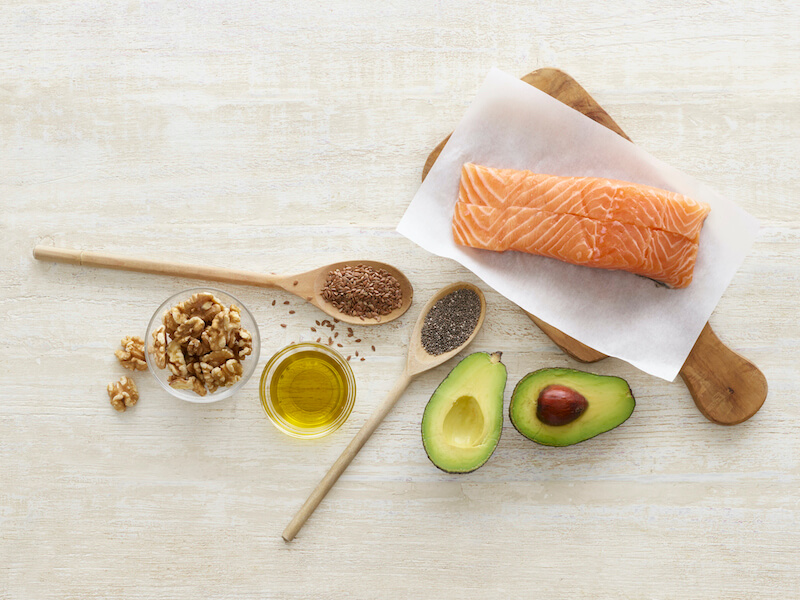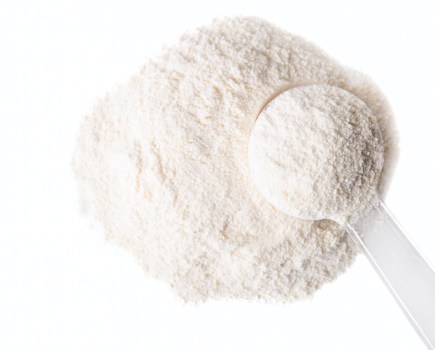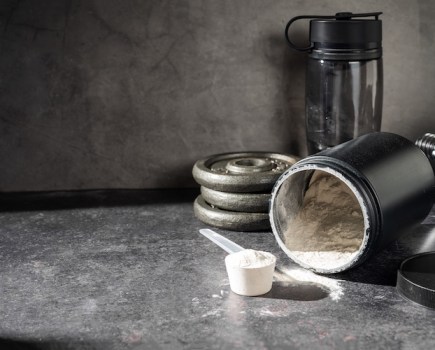Keep your mental health in check as the cold, dark days draw in with the following advice from Olga Hamilton, VP of Nutrigenetic Science at Nutri-Genetix.
One in three people suffer from SAD, a type of depression that’s related to changes in seasons. And with lockdown 2.0, some of us are getting even less outdoor exposure than usual as everyday routines grind to a halt.
Here, Olga Hamilton offers four tips to boost your mood and combat SAD with effective nutrition and supplementation.

SAD can be linked to insufficient sunlight – for several reasons | Photography: Getty Images
What factors contribute to SAD?
People with seasonal affective disorder have difficulty regulating the neurotransmitter serotonin. It is believed to be linked to SERT – a protein that carries serotonin (higher SERT levels lead to lower serotonin activity, thus causing depression).
SERT is inhibited by the sunlight, which means it’s lower during summer, which keeps serotonin higher. Conversely, higher levels of SERT during the winter months are believed to reduce the available serotonin.
People with SAD may also have difficulty with overproduction of melatonin, which can cause sleepiness. As winter days become darker, melatonin production increases and, in response, those with SAD feel sleepy and lethargic.
The combination of decreased serotonin and increased melatonin impacts circadian rhythms. For people with SAD, the circadian signal that indicates a seasonal change in day length has been found to be timed differently, which makes it more difficult for their bodies to adjust.
On top of all that, people with SAD may also produce less vitamin D, with less outdoor exposure to sunlight on the skin in winter. And vitamin D has also been found to affect serotonin levels in the brain.
EAT RIGHT TO COMBAT SAD
1. Optimise omega-3 intake
A recent meta-analysis of double-blind randomised placebo-controlled trials confirmed that omega-3 has beneficial effects on depression and SAD.
Optimise your omega-3 intake by getting plenty of the following:
- Fish and other seafood (especially cold-water fatty fish, such as salmon, mackerel, tuna, herring, and sardines).
- Nuts and seeds (such as flaxseed, chia seeds, and walnuts).
- Plant oils (such as flaxseed oil, soybean oil, and canola oil).
- Fortified foods (such as certain brands of eggs, yogurt, juices, milk, soy drinks).
2. Get outside
Spend more time in sunlight. Take advantage of the fact we’re still able to exercise outdoors and meet up with friends and family for a socially distanced walk. Set yourself a challenge during lockdown to keep up the recommended 10,000 steps a day.
For those wishing to gain a deeper insight and check their vitamin D receptor sensitivity, NGX offers a DNA test which produces a comprehensive nutrition report. Using the report findings, NGX then formulate a unique blend of ‘BodyFuel’, which provides users with a personalised nutrition shake which supplements any potential deficiencies and ensures the user is provided with the key nutrients required for optimal health and wellbeing.
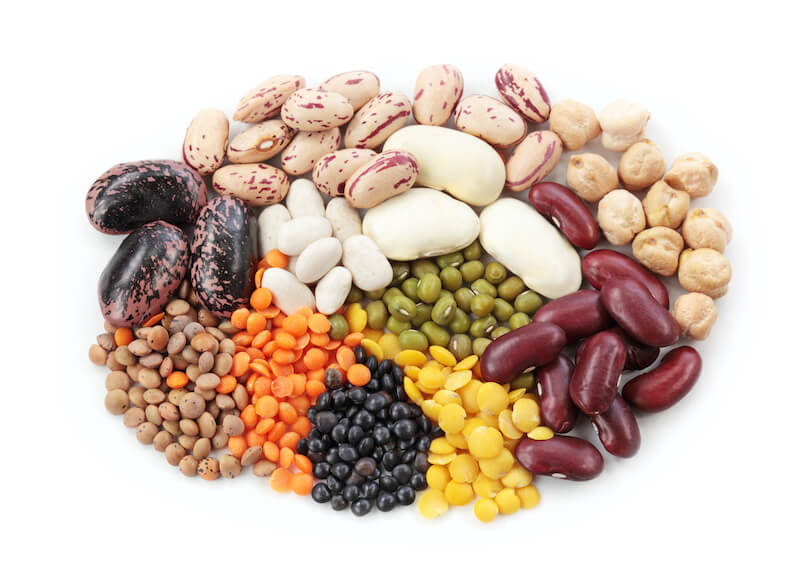
Lentils and other legumes are a source of SAD-fighting B vitamins
3. Big up B vits
Evidence from human research clearly shows that a significant proportion of the populations of developed countries suffer from deficiencies or insufficiencies in one or more B vitamins.
Vitamin B6 helps your body make serotonin and can therefore help to combat the side effects of SAD.
B vitamins can be found in the following foods:
- Whole grains (brown rice, barley, millet)
- Meat (red meat, poultry, fish)
- Eggs and dairy products (milk, cheese)
- Legumes (beans, lentils)
- Seeds and nuts (sunflower seeds, almonds)
- Dark, leafy vegetables (broccoli, spinach, kai lan)
- Fruits (citrus fruits, avocados, bananas)
4. Get your 5-a-day – minimum
A 2019 study on diet and depression found that high consumption of fruits and vegerables has been associated with a lower risk of depression or depressive symptoms, while high-fat western diets and sugar-sweetened drinks have been associated with higher risk of depression or depressive symptoms.
The take-home? Consume the recommended five portions of a variety of fruit and vegetables per day (80g per portion), and curb your sweet tooth as much as possible.
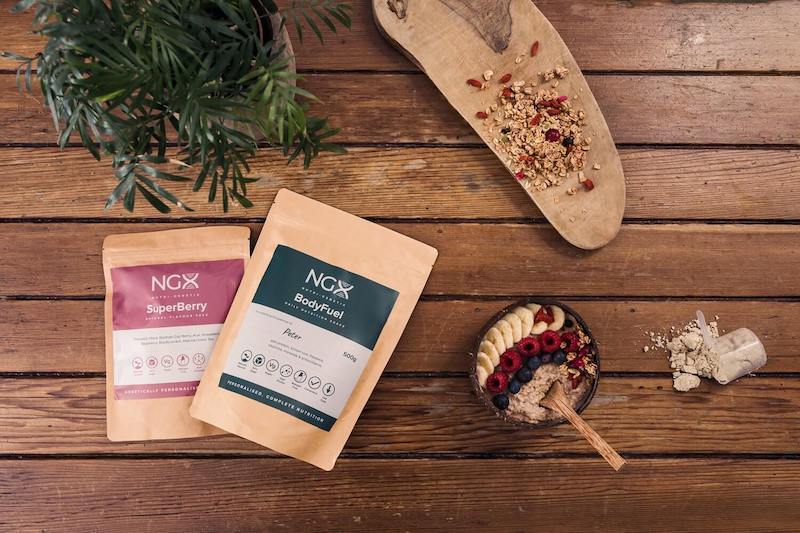
Nutri-Genetix (NGX) is the world’s first genetically personalised nutrition shake, tailored to an individual’s own DNA to achieve enhanced performance. Find out more at nutri-genetix.com


